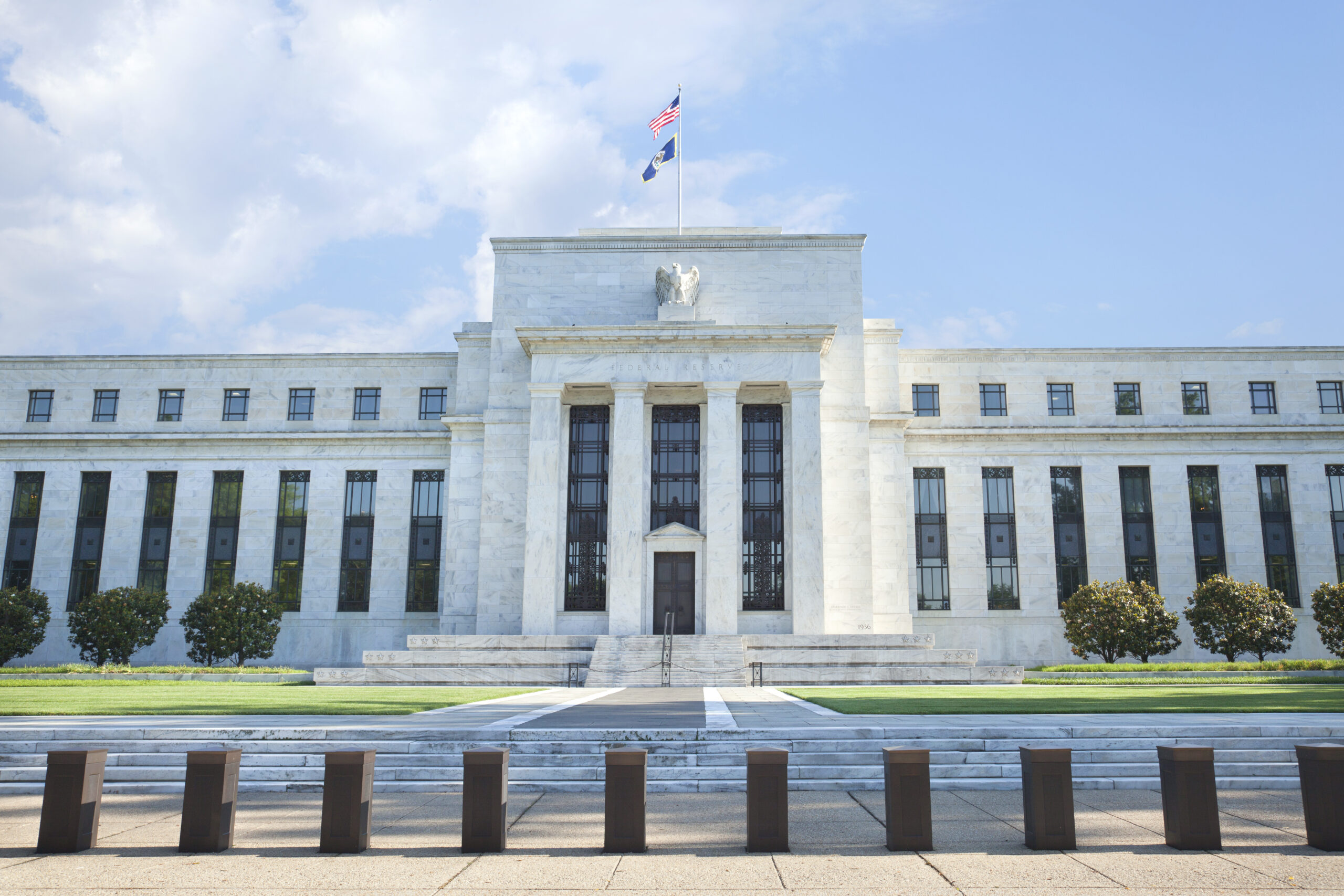Stablecoin Regulation
The UK's next steps towards stablecoin regulation and other developments
Back in April the UK’s Treasury has published the long-awaited response to its consultation on the extension of the regulatory perimeter to stablecoins. So what are the proposals and what do they say about the UK’s evolving approach to this space?
Proposals
- Bringing stablecoins into the regulatory perimeter
- The UK government will propose changes to the Electronic Money Regulations and the Payment Services Regulations to bring certain types of stablecoin into scope of regulation. Custody (and arranging custody) of stablecoins will also be a regulated activity.
- In-scope stablecoins will be “any cryptographically secured digital representation of monetary value which is, among other things stabilised by reference to one or more fiat currencies and/or is issued and used as a means of making payment transactions”. This would cover stablecoins referencing other in-scope stablecoins or an instrument which derives its value predominantly from reference to fiat currency but not stablecoins referencing other assets (such as commodities). Algorithmic stablecoins would still be out of scope, as per the consultation proposals.
- There will be extensions to payment system legislation, which will expressly permit HMT to specify certain stablecoin payment systems for supervision by the Bank of England and by the Payment System Regulator. The FMI special administration regime will also be extended to cover systemic stablecoin arrangements.
- Consultation on bringing other cryptoasset activity into the regulatory perimeter
- Despite prioritising regulation for stablecoins used as a means of payment as an initial step, HMT indicated that it would consult on a further extension to cover a broader set of cryptoasset activities, particularly those cryptoassets used as a means of investment.
- It was interesting to note HMT’s view that this is needed to respond to the increasing uptake of cryptoassets; the risks to consumers and markets of their remaining outside the regulatory perimeter for an extended period; and in order to create a regulatory environment in which these services can responsibly innovate.
- Financial market infrastructure (FMI) sandbox
- This was announced in April 2021 and will, according to the paper, be up and running in 2023. Part of the purpose of the FMI sandbox is to figure out which legislation might need to be amended to accommodate tokenisation and DLT in FMIs – lessons learned from the sandbox could support permanent rule changes.
- There was little that was concrete in this part of the response document, but the Treasury indicated it would work with regulators and industry to design the sandbox, including (i) the relevant legislation that might need to be disapplied, (ii) the type of entity that could have access (referencing multilateral trading facilities as an example), (iii) the requirements that participants would need to meet, (iv) the nature and scale of permissible activities and (v) the roles and responsibilities of the regulators.
Key takeaways
- These proposals must be viewed in the context of the broader regulatory patchwork being rolled out in the UK and it is becoming increasingly clear that an understanding on one’s position or the regulatory regime applicable to particular cryptoassets can only be understood by viewing the different regimes together. There are potentially going to be three overlapping regimes in the UK that do not always apply consistently: the money laundering regime, the extension of the financial promotion regime and the new stablecoin regime (with the likely extension to a broader category of cryptoassets in the near future). Industry players responding to consultations on the latter two and going forward would be well-advised to take a step back and try to think about how the constituent parts fit together – e.g., will a regulated stablecoin business be in-scope of FCA money-laundering supervision twice: by way of its authorisation as well as its cryptoasset business?
- Our point that the “devil is in the detail” in our original post on the consultation still stands. There is no draft legislation available and so some of the key concepts remain unclear. The new regime for stablecoins will apply where they are used as a means of payment yet we are no further forward in understanding how that will be reflected in the rules. So cryptoasset businesses are still in a period of uncertainty as to how this new regime will or won’t apply at this stage.
- HMT has a number of consultations coming up this year – on regulating a wider set of cryptoasset activity, on the systemic perimeter for payments, on the initial amendments deemed necessary for the FMI special administration regime and on the secondary legislation to set out the detailed legislative framework of the Sandbox. This is in addition to the further development of the financial promotion legislation. Together, this has the opportunity to reshape the sector, and payment services as a whole, in the UK.
- For those that have been following the discussions in relation to the use of DLT in securities settlement, it is particularly interesting that the paper shows a perhaps-surprising, but in our view necessary, willingness on the part of policymakers to rethink some of the legislation underlying some of the most fundamental parts of the financial system – e.g., how the transfer of legal title to securities takes place.
Taken together, these changes will create the conditions for issuers and service providers of stablecoins used as a means of payment to operate and grow in the UK, in line with the government’s firm commitment to place the UK’s financial services sector at the forefront of cryptoasset technology and innovation. For consumers, bringing stablecoins into the regulatory framework means they will be able to use stablecoin services with confidence. The government will introduce this legislation when Parliamentary time allows, to deliver a world-leading regulatory regime for stablecoins.
Published August 3, 2022
Defining DeFi

Navigation
Copyright © 2022, Dezenz Ltd | Terms and Conditions | Privacy Policy





